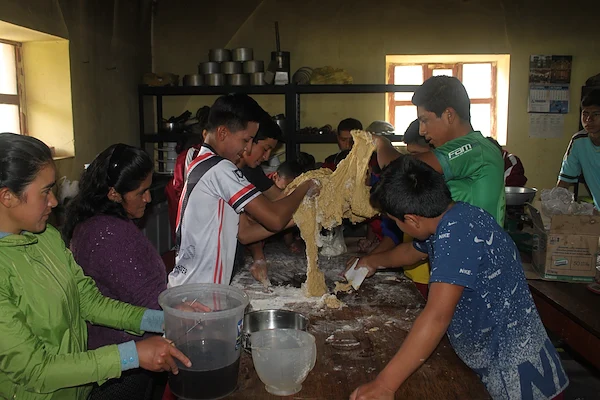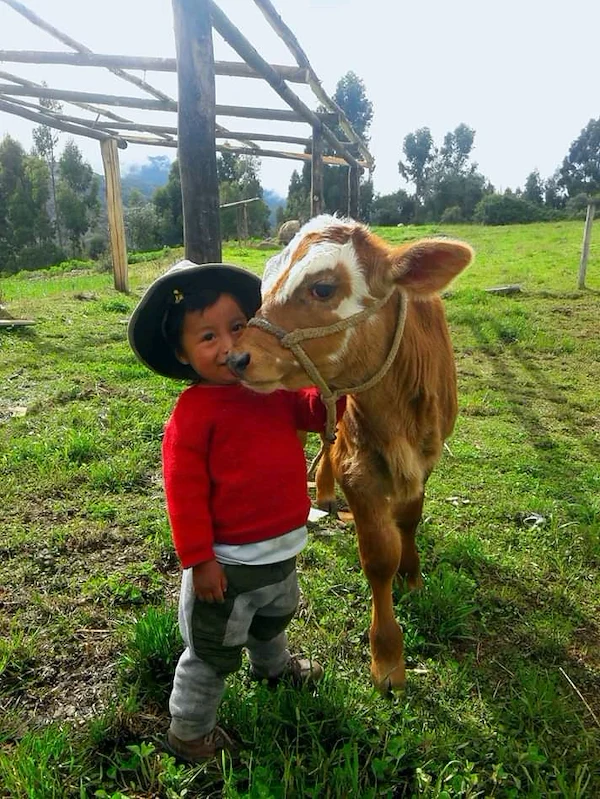
20c0381c-5de7-4fe9-ba27-093eee2af7c4.jpg?sfvrsn=534459fe_1)

Panama & New York, New York
An alliance between Mountain Partnership member Fundación CoMunidad, the mountain people of La Yeguada in Panama and the Parson School of Design has led to income-generating opportunities for local communities in Panama through a sustainable approach to developing agro-ecosystems.
The partnership investigatated how design can increase the diversification of agro-ecosystems through the use of a wider range of plant-based materials. Students developed a proposal to cultivate a range of native Panamanian plants that provide fibres and dyes.
As a secondary source of revenue, they came up with an innovative plan to design creative household products using a blend of non-timber forest resources and waste from timber cut-offs, making hand-made items such as salt-pepper shakers.
ee21f3ce-7f9a-4650-b138-80773aa09642.jpg?sfvrsn=a13eb990_1)
North Kerala, India
In normal times on the grounds of Neeleshwar Hermitage in North Kerala roam peacocks and peahens. Nowadays, you will not find them in the grounds but at the hotel’s empty reception waiting for new guests who will not arrive as the hotel, like all hotels and homestays in India, is closed due to Covid-19.
“We have recalibrated our plans. We are expecting zero income from tourism activities this year and will be focusing on community. We had a contingency plan in place and have ensured money will not be an immediate concern. Now is the time to focus on destination and partnerships an make operations stronger,” says Paras Loomba, Founder of Ladakh and the Greater Himalayan Region focused impact tourism company and Mountain Partnership member Global Himalayan Expedition (GHE).
Training and upskilling the team is a common theme. “At this point since there is no work coming in, we will be investing in people. Doing training sessions online and creating an ecosystem for people to share ideas,” says Harshvardhan Tanwar, Founder of Mumbai-based experiential travel and walking tours company No Footprints.
Companies like GHE have always had a diversified income stream. With tourism taking a hit, the venture is focusing on the communities it works with. "We are also exploring other ways the community can earn income, like setting up greenhouses. We are focusing on community and destination and looking at projects that help in these areas, so we are setting up solar water heaters for all our partner homestays' says Paras of GHE.
Others are using social media to increase awareness of the destination they represent. Experiential travel and walking tours companies like The Local Beat and Make It Happen are putting up fun posts about Goa that travellers can explore after the lockdowns and quarantines.
Source: Outlook Responsible Tourism India